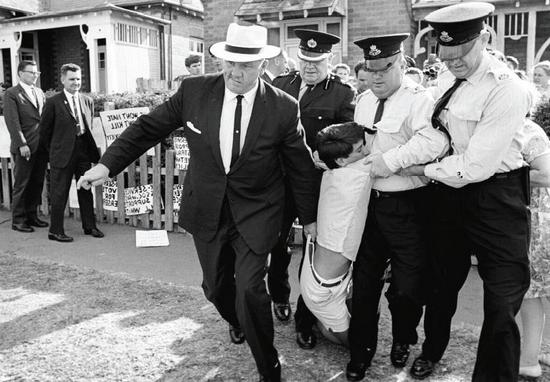- July 18, 2015
- Posted by: Sergei
- Category: Argumentative and Controversial

First of all, it needs to be mentioned that conscientious objection is an objection to military service due to religious, ethical or political beliefs. In many countries, the approaches of dealing with conscientious objectors are in many ways different. Some countries have adopted laws guaranteeing the right to reject to serve in the army due to certain personal beliefs. These laws are not associated with any kind of punishment. In some other countries, the individuals, who reject to serve in the army because they have some personal motives not to do so, are subjected to severe punishment. Still other countries do not have any laws of such kind at all.
Objection to military service because of religious or other beliefs is a problem peculiar mainly to the states with compulsory military service. In such countries, many people reject to use force or deprive other people of life using violence out of religious, philosophical, ethical, political or other beliefs no matter whether violent actions will be committed by the governmental agencies or themselves. Historically, such beliefs are closely related to such religious groups as the Society of Friends whose adherents are known as Quakers. This group opposes everything related to war affairs and stands for peace around the globe. However, the peaceful intentions are peculiar not only to such groups. In a democratic society, people opposing violence emphasize the need to interfere with the politics of the country, for instance, by means of peaceful diplomacy instead of military intervention. In other societies, it is simply not allowed.
Conscientious objection has both positive and negative sides. Among the negative sides is the fact that conscientious objectors do not fulfill their civil obligations in terms of military service for the benefit of their native country. Basically, conscientious objectors reject to protect their native country from potential or factual enemies, which is not right. In fact, conscientious objection leads to the dissidence of society. Why do some people have to risk their lives just because their native state obliges them to enroll in the army and get engaged in the military affairs, while other people get away with not doing so? In terms of a democracy, it should not be considered honest. Thus, conscientious objection is associated with a number of negative outcomes as it may lead to social unrest and various riots against the policy of the government. Conscientious objectors should be able to confront not only the government, but also the whole society.
On the other hand, there are certain positive sides of conscientious objection. Thus, conscientious objectors stand for their own civil rights. They oppose the wrongful policy of the government and speak in favor of peaceful relationships with other states. Conscientious objectors who stand against the politics led by the government are considered to do a right thing as they stand for peace both in their own country and all over the world. This should be considered a noble step. Furthermore, it can be suggested that more and more people are likely to follow the example of conscientious objectors, and this will encourage peaceful relations between different states.
It should be mentioned that conscientious objection is associated with personal beliefs, which might be not only political, but also religious or ethical. For example, those who object to military affairs based on ethical beliefs consider that it is unethical to participate in war as it is associated with a risk of killing or injuring other people, which is against basic humanistic principles. This is a strong side of conscientious objection. Furthermore, the military service should not be compulsory, but should rather be based on a free will of every person giving people a chance to decide whether they want to get engaged in military affairs or not.
